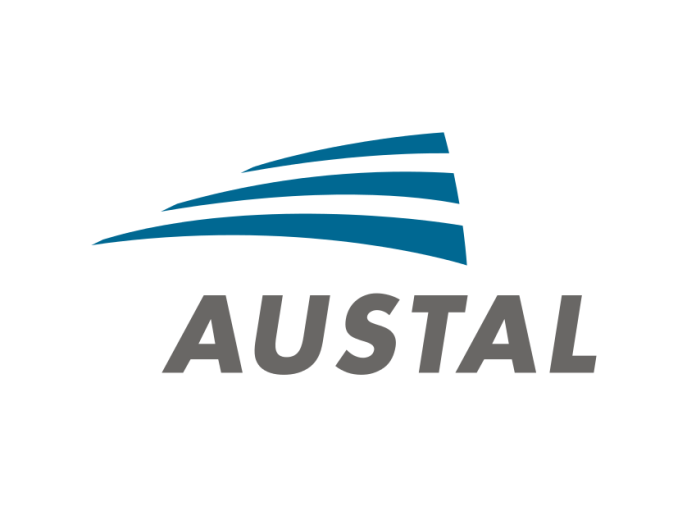Austal has reported earnings before interest and tax (EBIT) of $70.5 million for the six months ended 31 December 2020, up 17.6% on the prior corresponding period.
However, an appreciation in the average USD / AUD exchange rate, a reduction in USA throughput and commercial shipbuilding, as well as COVID-19 travel impacts saw the company post an $840.3 million revenue in the first half, down 19.1% compared to the prior corresponding period.
Austal said its USA segment reported revenue of $641.6 million (down 20%) and EBIT of $69.4 million (up 6%), with its Australasian arm reporting revenue of $205.9 million (down 15%) and EBIT of $12.0 million (up 45%).
Austal CEO Paddy Gregg said the EBIT improvement was driven by improved shipbuilding margins in both the USA and Australasia, some of which are ongoing and others confined to this particular half.
“The strong interim financial results were driven by excellent shipbuilding operating margins in both of our USA and Australasia operations, which flowed through to an enhanced bottom line,” Mr Gregg said.
“This highlights the success of the pragmatic initiatives Austal has implemented to increase our efficiency, reduce our cost base and set the business up for sustained profitability.”
As noted above, Group revenue declined due to a number of factors, including an appreciation in the average USD / AUD exchange rate from 0.684 to 0.724, a reduction in USA throughput, a reduction in commercial shipbuilding following the delivery of three large ferries and COVID-19 travel impacts dampening sustainment activity in the USA and delaying the commissioning and delivery of vessels in Australasia.
“Crucially, we have translated our robust earnings into strong operating cash flow, and maintained a healthy balance sheet, even as we invested cash into the future of our business through the MARRS acquisition in Mobile, conversion to steel shipbuilding in the United States, purchase of a dry dock launch facility for the Philippines and the BSE Maritime Solutions Group (BSE) acquisition in Australia,” Mr Gregg concluded.





















